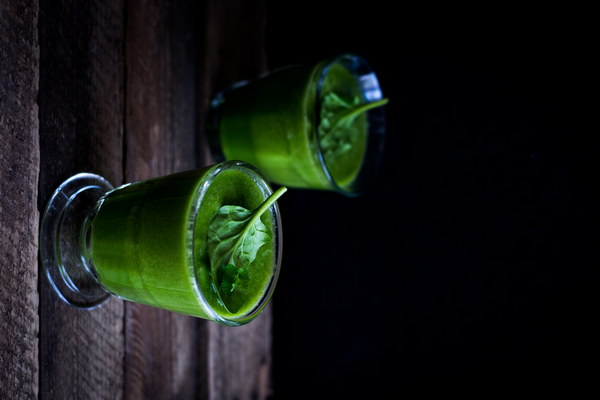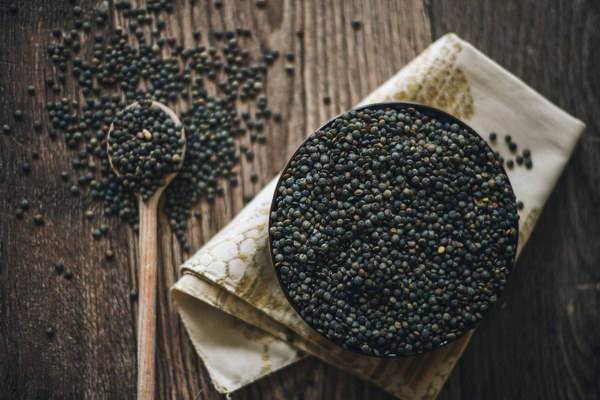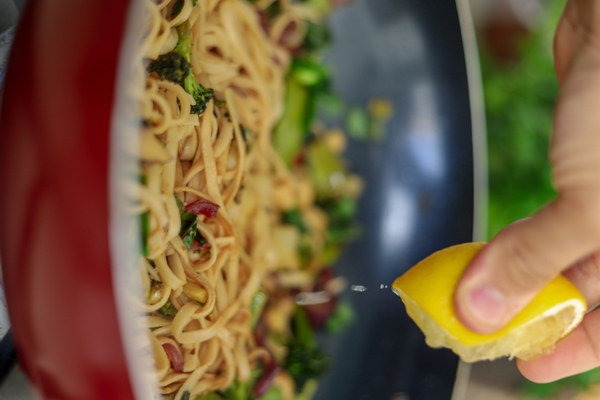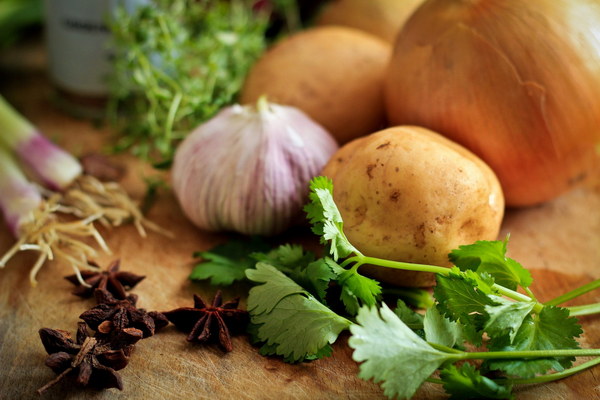Unlock the Secrets of Self-Learning Herbal Tea for Health A Beginner's Guide
Embarking on a journey to learn about herbal tea and its health benefits can be both exciting and rewarding. Self-learning herbal tea offers a unique way to explore traditional practices while incorporating natural wellness into your daily life. Whether you're interested in boosting your immune system, improving digestion, or simply enjoying the soothing ritual of tea-making, this guide will help you navigate the world of herbal tea and self-study.
1. Start with the Basics
Before diving into the world of herbal teas, it's important to understand the basics. Begin by familiarizing yourself with the following:
- Herbal Tea vs. Black Tea vs. Green Tea: Herbal tea is made from the leaves, flowers, or roots of various plants, while black and green teas come from the leaves of the Camellia sinensis plant. Herbal teas are caffeine-free, making them a great alternative for those sensitive to caffeine.
- Herbal Tea Benefits: Each herbal tea has unique properties and benefits, such as relaxation, digestion, or immune support. Research the properties of different herbs to determine which ones might be best suited to your needs.
- Safety Considerations: Some herbal teas may interact with medications or have contraindications for certain health conditions. Always consult a healthcare professional before starting a new herbal tea regimen.
2. Explore Online Resources
The internet is a treasure trove of information on herbal tea. Use the following resources to expand your knowledge:
- Websites: Visit reputable websites such as the American Botanical Council or the National Center for Complementary and Integrative Health to learn about the benefits and uses of various herbs.
- Books: Read books on herbal tea and natural remedies, such as The Complete Book of Herbal Tea Remedies by Kayla King or Herbal Teas: A Modern Guide to the Ancient Craft by K. C. Connolly.
- YouTube Channels: Watch educational videos on how to make herbal teas, the benefits of different herbs, and the history of herbal tea traditions.
3. Join Online Communities
Connecting with others interested in herbal tea can provide support, inspiration, and new insights. Consider joining the following online communities:
- Facebook Groups: Search for groups such as Herbal Tea Lovers or Natural Remedies and Herbal Teas.
- Forums: Participate in forums like Reddit's r/herbalmedicine or the TeaBoard.
- Online Courses: Enroll in an online course on herbal tea, such as those offered by Udemy or Coursera.
4. Experiment with Ingredients
Once you have a basic understanding of herbal tea, start experimenting with different ingredients. Here are some popular herbs to try:
- Lemon Balm: Known for its calming properties, lemon balm is perfect for relaxation and stress relief.
- Chamomile: This herb is widely recognized for its soothing effects on the nervous system, making it an excellent choice for bedtime teas.
- Peppermint: Peppermint is a great digestive aid, and its refreshing flavor can make for a delightful tea.
- Ginger: Ginger has been used for centuries to aid digestion and reduce inflammation.
5. Create Your Own Blends
Once you've become comfortable with individual herbs, try creating your own herbal tea blends. This allows you to tailor the tea to your specific needs and preferences. Here are some tips for blending your own teas:

- Start with a Base: Choose a base herb, such as chamomile or peppermint, and build your blend around it.
- Experiment with Flavors: Add other herbs to enhance the flavor and benefits of your tea. For example, add a touch of lavender to your chamomile tea for a floral twist.
- Balance the Flavors: Ensure that your blend is well-balanced in terms of flavor and benefits. You may need to adjust the quantities of different herbs to achieve the desired result.
6. Enjoy the Ritual
Herbal tea is not just a beverage; it's a ritual that can bring peace and mindfulness to your daily life. Take the time to sit down, brew your tea, and enjoy the moment. This will not only enhance the experience but also make the process more enjoyable and rewarding.
Conclusion
Self-learning herbal tea can be a fascinating and rewarding endeavor. By understanding the basics, exploring online resources, joining online communities, experimenting with ingredients, creating your own blends, and enjoying the ritual, you can embrace the benefits of herbal tea and incorporate this ancient practice into your modern life. Happy brewing!









